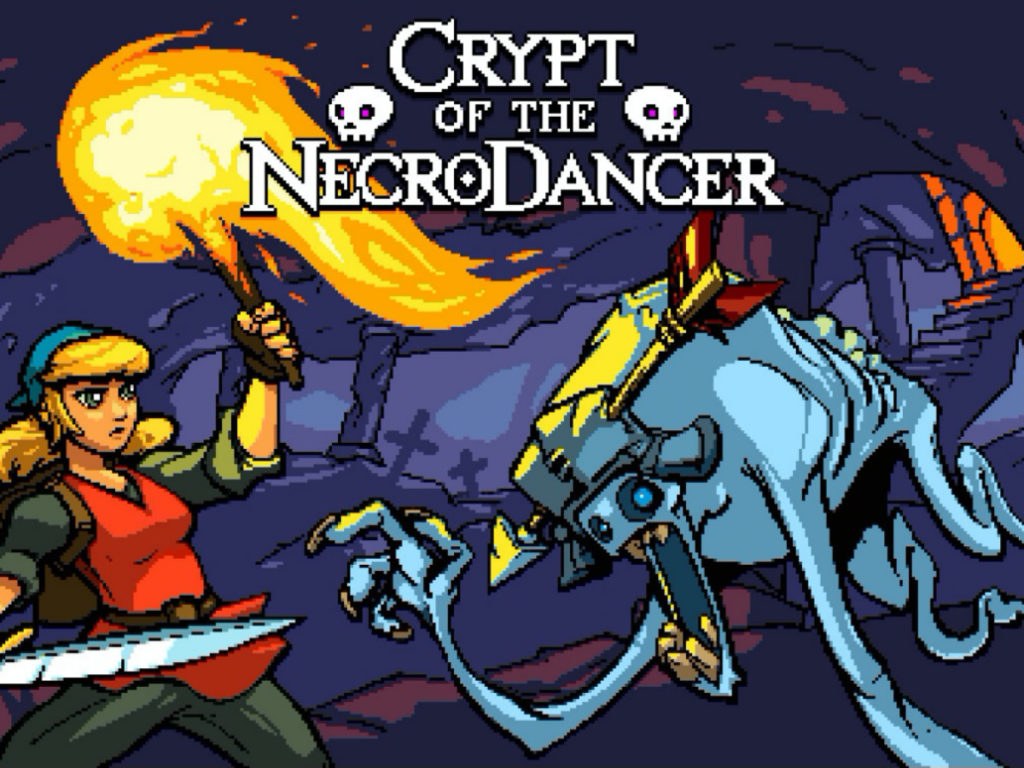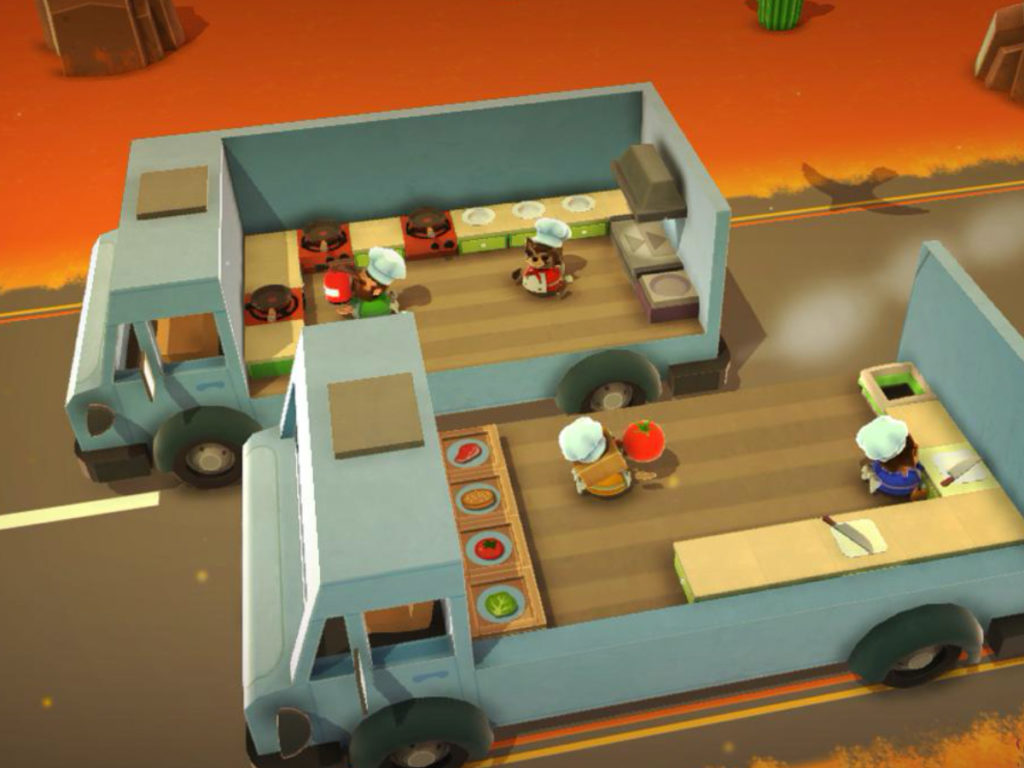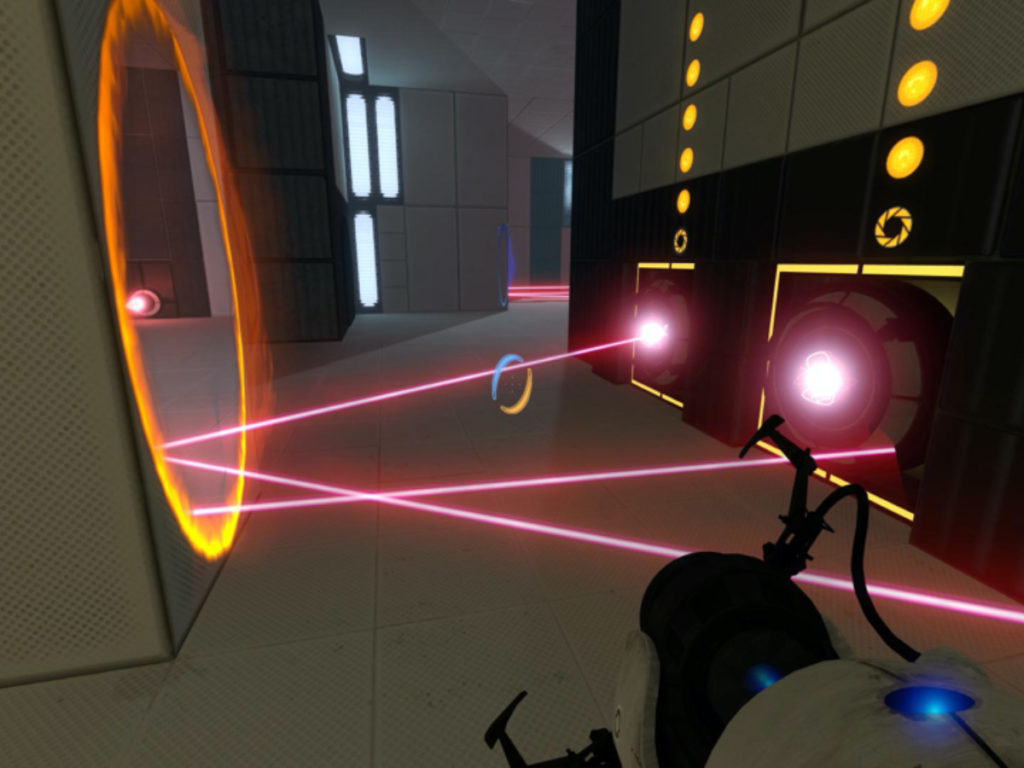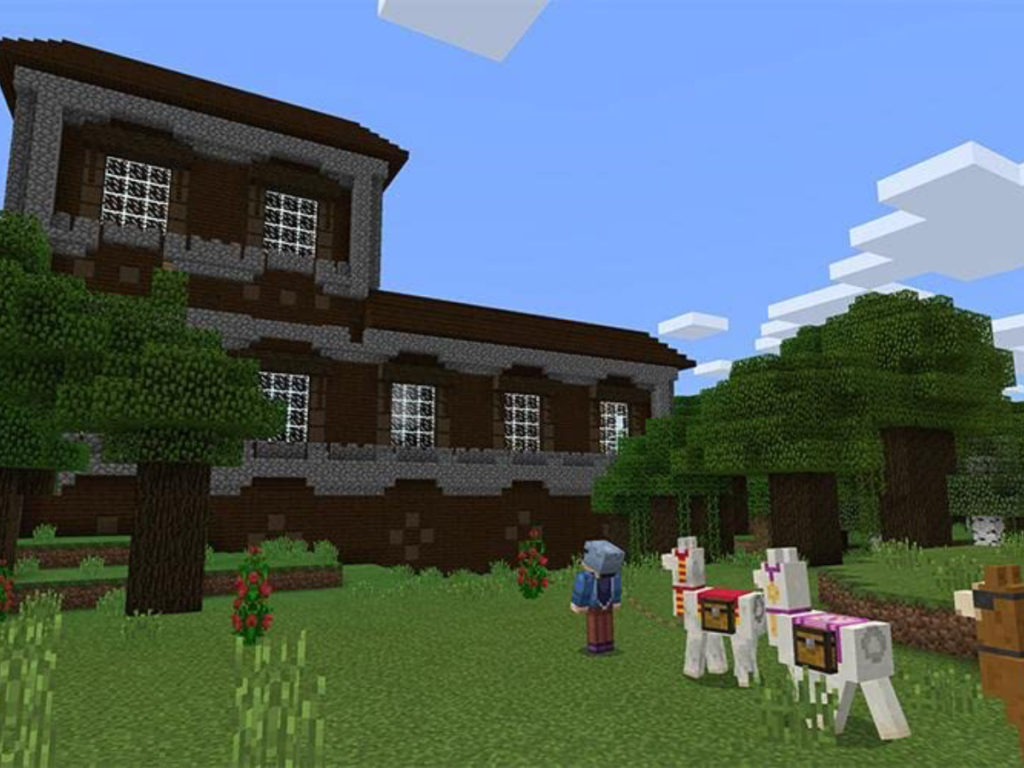When I was in college writing away to get my journalism degree, I was fortunate enough to cover a local game jam that was taking place. It’s an event where developers “race against the clock to build functioning video or board games from scratch,” often only having one day or weekend to do so. I spoke with a couple of developers who had attended the event in the past, and one of them also happened to be the CEO of a company working to get virtual reality headsets into classrooms and homes. He believed that the headsets might help children learn school subjects in a more engaging and unrestrictive manner.
The company reasoned that not only would a virtual space allow children stuck at home to continue attending class, but the virtual realm would also let students physically interact with their subject matter, even across school districts. For example, the organization strapped me into one of their headsets and sent me up to a giant spaceship, where I was taught about the solar system—including a visual depiction of the planets’ rotations and revolutions. It was very engaging, and it felt akin to walking around a museum.
Through trial and error, I’ve discovered that I’m a visual learner—and subjects like history and science don’t always come with the stimuli needed to cement them in my head. But creative tech developers are filling that educational gap through the use of games and virtual reality.
Take, for example, Epika Studios, a group creating Christian VR “Bible Experiences,” such as a game where you’re David facing Goliath or an experience where you walk through a recreated version of Herod’s Temple—complete with explanations of how each element points to Jesus.
But you don’t need a VR headset to learn through creative gaming technology. While video games can breed bad habits, it’s also true that video games can also offer educational experiences—ones that your kids will actually want to come back to.
Anecdotally, I remember putting many hours into the original Big Brain Academy (a game whose minigames are meant to help players grow their brains via math, memory and analysis puzzles) on the Nintendo DS as a child. And my middle school taught us how to type without looking at the keyboard through various typing games.
So while some games are simply made to be enjoyed and have fun, many others just might trick your kids into learning a thing or two while they play. Below are some game genres (and some games therein) that might prove educational for your child.

Rhythm Games
Perhaps one of the easiest examples of educational gaming is the rhythm gaming genre. These games are typically based around music and require players to match the beat or notes in order to progress through the level. And as it turns out, practicing through these games just might increase your child’s musical aptitude later in life—at least, according to research from both Louisiana State University and the University of Nevada, Las Vegas.
Of course, plenty of people have heard of Guitar Hero and Rock Band, games centered around playing the right notes of popular songs. But these aren’t the only rhythm games that might benefit your child. For instance, Beat Saber is a popular VR game that tasks players with slicing through incoming blocks to the beat of an overlaid song. And Crypt of the NecroDancer is rhythm-based dungeon crawler, where you and all the enemies you encounter must move to the beat of the rhythm. Yes, it sounds a little creepy, and parents should note of potential concerns. But the game can be a surprisingly effective teacher.

Management Games
Management games (games in which players must keep operations flowing smoothly) also offer educational value in the form of time management, strategy and planning. Players may have to grapple with time limits, budgets, zoning constraints and customer satisfaction in order to keep their operation up and running. While these games are simplified and likely won’t reflect everything that goes into keeping an organization running, they’ll surely get kids thinking strategically about such things.
A large number of management games are focused around running a restaurant, such as in PlateUp! or Overcooked, both of which put pressure on players to deliver timely orders to hungry customers. These games will force players to learn how to plan ahead as well as how to prioritize one task over another. Other management games may give players bigger ponds to manage. For instance, Rollercoaster Tycoon allows players to build and manage a theme park, complete with finances, staffing and even rollercoaster construction. Two Point Campus has players take on the role of a college campus administrator, and Cities: Skylines gives gamers a whole city to manage—zoning laws, taxes and all!

Puzzle Games
It’s no surprise that puzzle games might help players foster critical thinking and problem-solving skills. After all, the very nature of a puzzle explicitly requires a problem to be solved. A study from Florida State University even found that one such game, Portal 2, in which players must solve a series of “test chambers” by using physics and well-placed portals, “had a noticeable impact on certain important cognitive skills.”
Other puzzle games offer similar chances to engage in problem solving. For instance, Freeways tasks players with connecting incoming traffic to the roads the cars want to travel—and after some levels, the game will show a photo of a real-life example of how civil engineers solved the problem. Poly Bridge engages players by requiring them to create tension-bearing bridges that’ll hold cars and teach them how to create complex structures like drawbridges. And if you want to engage in a cooperative puzzle, It Takes Two and Unravel Two require two players to work togetherin order to overcome obstacles.

Building Games
For our final genre, we need to first make the disclaimer that building games and management games are often intertwined. But for this section, we wanted to highlight games that might help your kids express themselves artistically—whether or not those artistic creations are practical.
If you discount the giant known as Tetris, Minecraft has sold more copies than any other game out there. While the game is popular for its survival game mode, it also contains a creative mode, where players can design their own constructions from an assortment of blocks. From recreating famous landmarks to building art projects, this mode lets children engage their artistic side. And in the same pursuit, Painting VR lets users create their own masterpieces within the virtual realm (so you won’t need to worry about staining any tablecloths!).
If you’d like your child to express their creative side while also showing them practicality, Kerbal Space Program may be the choice for you. In it, players can create whatever rocket they’d like with the hopes of getting to the moon, and the game will teach players about aerodynamics and orbital mechanics. Kerbal Space Program has even been “embraced” by NASA, according to The Guardian.
Many educational experts will say that playtime is learning time. Toddlers learn about shapes and colors through toys. They’ll learn balance and coordination through games. And believe it or not, video games can fill an important niche in our kids’ education.







Recent Comments